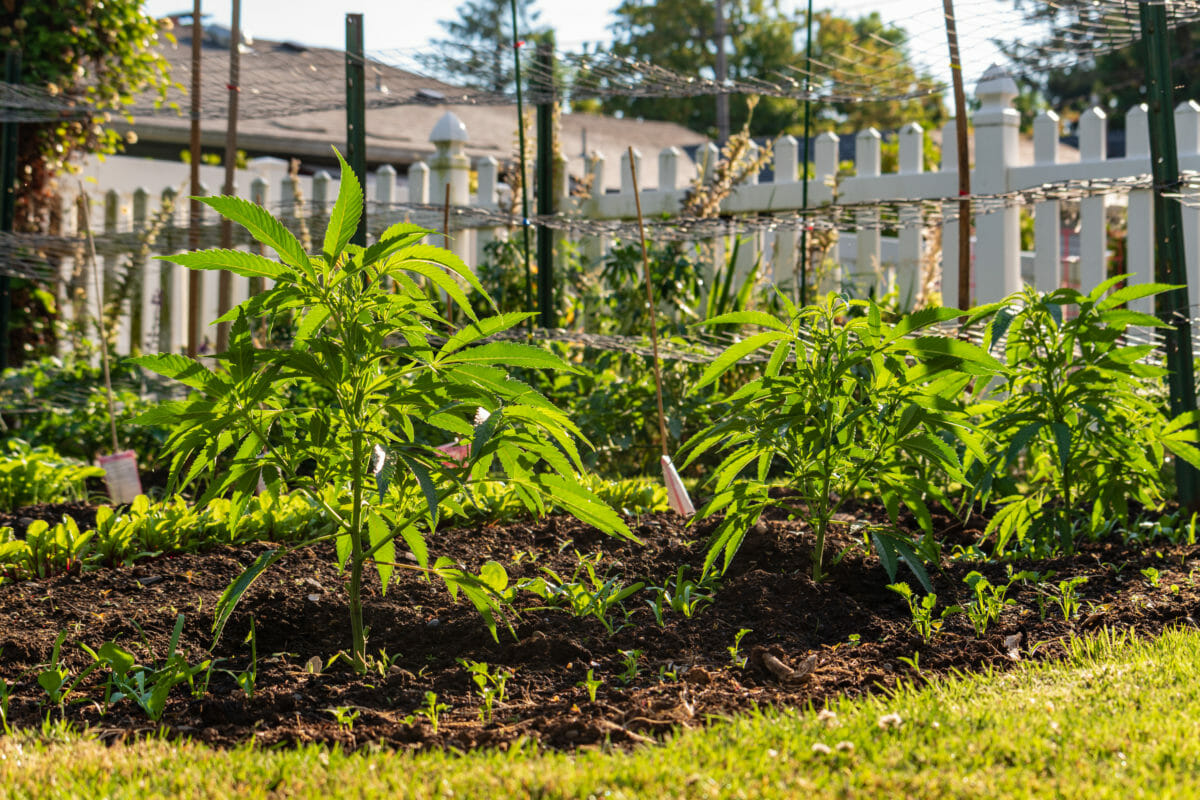Growing Cannabis
If you’re growing cannabis, it’s important to understand the basics of cannabis nutrition. The most important nutrients for cannabis plants are nitrogen, phosphorus, and potassium (often referred to as the “NPK” macro nutrients). These key minerals are essential for healthy plant growth.
In addition to NPK, cannabis plants can also absorb carbon from atmospheric carbon dioxide gas (CO2), as well as hydrogen and oxygen from air and water. Together, these nutrients provide the basic building blocks that cannabis plants need to thrive.
When it comes to feeding your cannabis plants, it’s important to follow a regular feeding schedule. This will ensure that your plants get the nutrients they need on a regular basis, promoting healthy growth and development.
There are a variety of cannabis nutrients on the market, so it’s important to do some research to find the right product for your needs. Once you’ve selected a cannabis nutrient product, be sure to follow the instructions carefully to ensure optimal results.
Cannabis feeding schedules should be tailored to the specific needs of your plants. However, there are some general guidelines that you can follow to ensure that your cannabis plants are getting the nutrients they need.
The most important cannabis nutrients are Nitrogen (N), Phosphorus (P) and Potassium (K). These minerals are essential for healthy plant growth. cannabis plants can also absorb Carbon from atmospheric Carbon Dioxide gas (CO2) as well as Hydrogen and Oxygen from air and water.
Cannabis plants typically need more Nitrogen during the vegetative growth phase, when they are actively growing leaves and stems. Phosphorus is especially important during the flowering phase, when cannabis plants are producing buds. Potassium is important for overall plant health and can help cannabis plants resist stressors such as pests, diseases and extreme weather conditions.
It is generally recommended to fertilize cannabis plants every two weeks during the vegetative growth phase and every week during the flowering phase. However, you may need to adjust your feeding schedule based on the specific needs of your plants. If you are using a soil-based growing medium, you may need to fertilize more often than if you are using a hydroponic system.

When it comes to cannabis nutrients, more is not always better. Over-fertilizing can actually damage or even kill your plants. It is important to follow the manufacturer’s instructions carefully and only use the recommended amount of nutrients. If you are unsure about how much to use, it is better to err on the side of caution and use less rather than more.
Monitor your plants carefully and look for signs of nutrient deficiencies or toxicities. Nutrient deficiencies can cause cannabis leaves to turn yellow or brown and may stunt plant growth. Toxicities can cause leaves to curl or burn and may also lead to stunted growth. If you notice any of these symptoms, adjust your feeding schedule accordingly.
By following these general guidelines, you can ensure that your cannabis plants are getting the nutrients they need to thrive.

